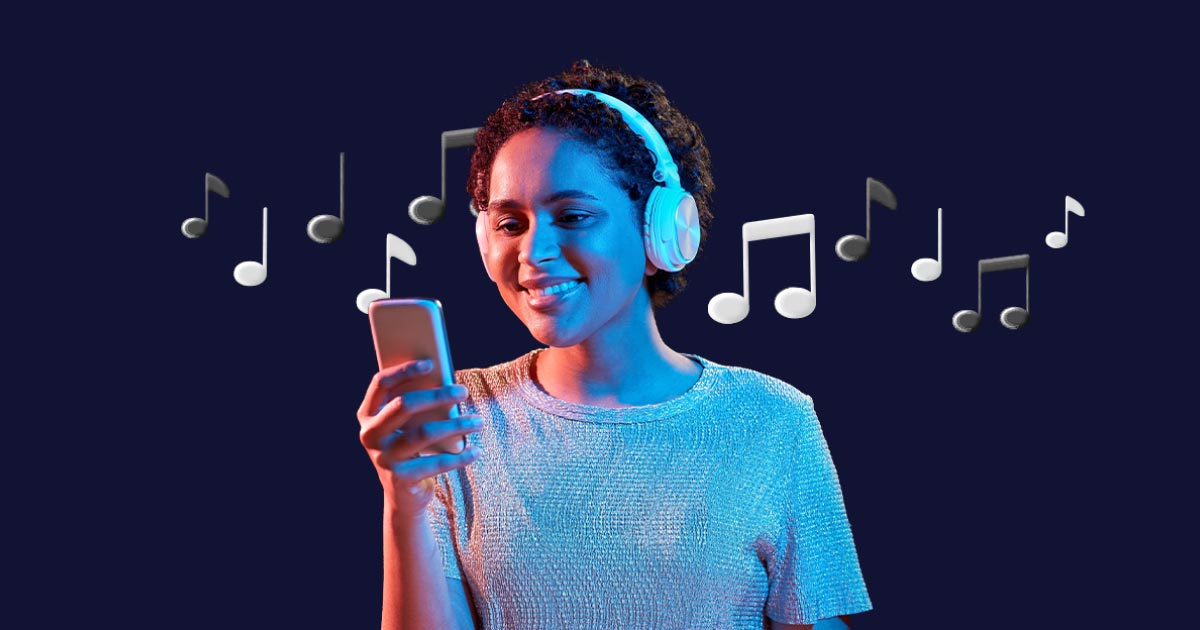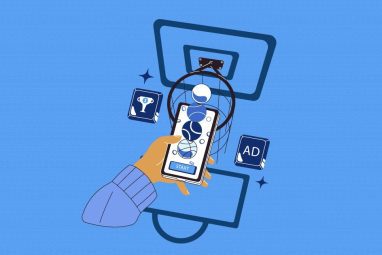For Lauren Pufpaf, President and Co-founder of Feed.fm, the message is simple: music moves the needle. “We’re seeing a consistent and measurable impact of music on key metrics like session length, retention, and conversion,” says Pufpaf.
In fact, the data speaks volumes. Users of fitness apps powered by Feed.fm’s licensed music averaged 3.2 times longer session times over a 90-day period. At Sworkit, music listeners had 2.5 times higher 90-day retention, while in Future’s fitness app, music selections resulted in 3.3 times longer sessions.
“By integrating music tailored to the user’s context, apps are creating delight moments and reducing friction,” Pufpaf adds.
Beyond Utility: Music as a Monetisation Driver
With 69% of users saying they’d pay for music as part of a premium feature set, app developers have a clear revenue opportunity. The challenge? Moving from intent to action.
“Partners are turning that intent into performance by making music part of the core premium experience,” says Pufpaf. “It becomes a value-add that supports subscription growth and increases perceived quality.”
She notes that pairing familiar music with smartly timed upgrade prompts and user testimonials often unlocks higher conversion rates.
This trend reflects a broader shift in how app developers think about value. Rather than just offering utility, premium tiers now promise emotional engagement, an area where music excels.
The Licensing Bottleneck and What’s Changing
If music is so effective, why aren’t more apps using it?
“Music remains under-leveraged in most apps because of historical licensing, legal, and integration complexities,” Pufpaf explains. “Many teams avoid music or settle for royalty-free options that simply don’t deliver emotional impact.”
But that’s changing fast. Feed.fm’s system simplifies the legal and technical hurdles, offering a turnkey solution for integrating licensed music into mobile experiences. As apps look to differentiate in a crowded market, music is evolving from nice-to-have to strategic necessity.
“What’s shifting in 2025 is a broader recognition that music isn’t just a feature, it’s a strategic tool that directly impacts how users feel and behave in an app,” says Pufpaf.
Gen AI vs. Human Touch
As generative AI expands across content creation, some are questioning whether custom AI-generated music could eventually replace licensed tracks in apps. Pufpaf is cautiously optimistic but unconvinced it will dethrone human-made music anytime soon.
“AI-generated music is exciting, but it’s not yet delivering the emotional or cultural relevance that licensed tracks offer,” she says.
For now, the emotional connection users feel to specific artists, genres, or nostalgic throwbacks remains irreplaceable. That connection, Pufpaf argues, is where monetisation lives.
“The most successful apps are using recognisable music strategically to deepen user experience and stand out in a crowded market.”
The Bigger Picture: Personalisation Meets Performance
The findings from Feed.fm’s report are clear: when music is available and easy to use, users stay longer, engage more often, and are more likely to convert. When it’s missing or limited, they skip posts, share less, and disengage altogether.
As short-form content platforms and lifestyle apps compete for user time and attention, product teams are realising that music is more than a soundtrack, it’s a product decision. And for brands looking to monetise more effectively, the beat is already dropping.
ALSO READ: Beyond Installs: Smarter Segmentation Is the New Mobile Growth Lever











































































































